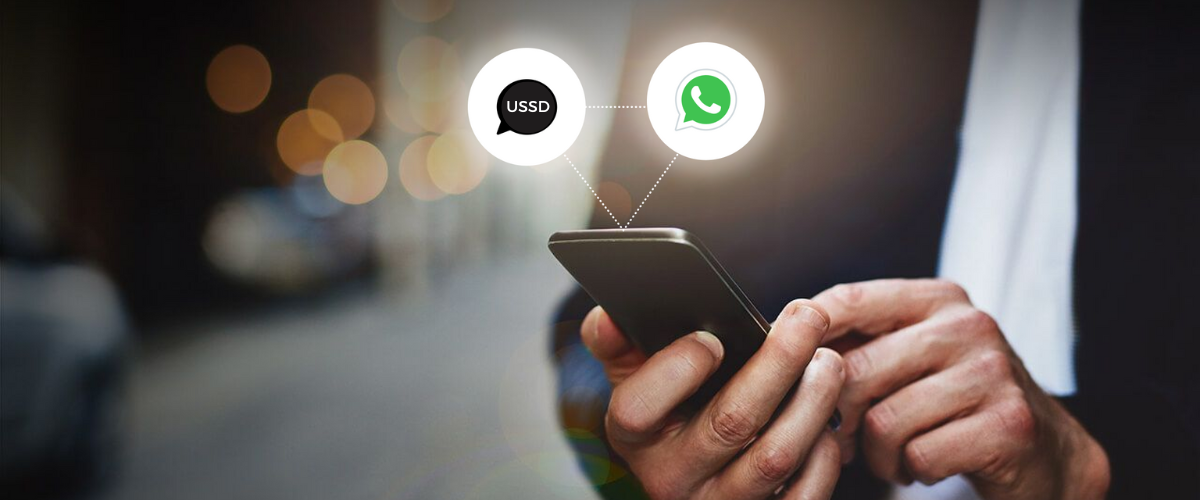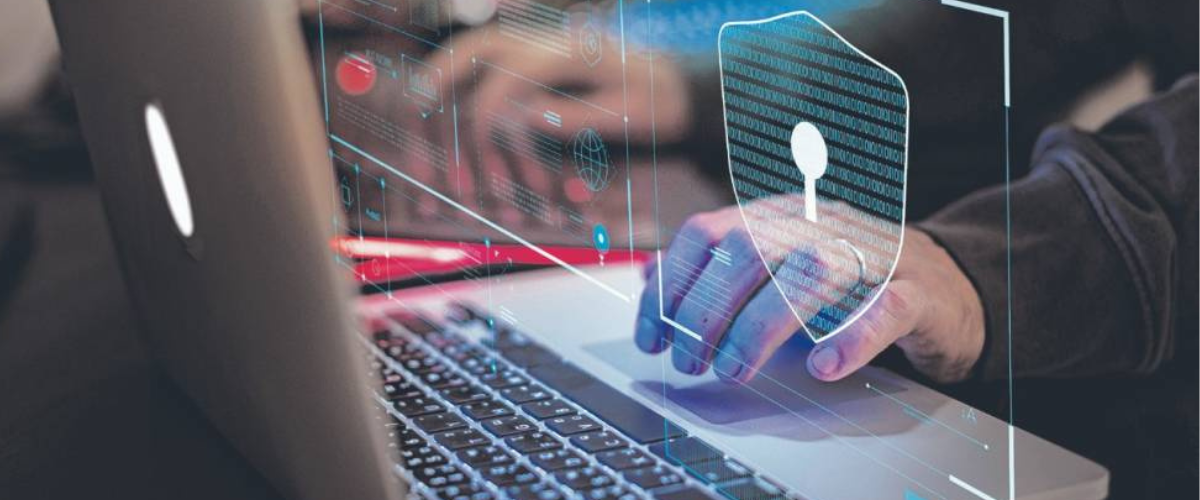
The Future of Cash
Cash, the physical currency notes, and coins is undergoing a significant transformation as a legal tender
Cash, the physical currency notes, and coins is undergoing a significant transformation as a legal tender. In the face of pandemic and technological changes, hundreds of millions of users are turning to QR codes, m-wallets, and P2P using the digital version of cash, which is more convenient, faster, and secure.
Does all this mean we’ll soon swap coins and notes for bits and bytes?
Today, there is an estimated US$40-50 trillion in hard currency, not including deposits.
Millions across Latin America made their first online purchases during the pandemic – switching from cash to cards. Cash transactions, which accounted for 80% of payments in 2018 dropped sharply to 25% in 2020-21.
Despite this shift, cash leads for now. Even within e-commerce, cash on delivery (COD) is widely used; 36% of the overall point of sale (POS) transactions are still done in cash in LatAm. In Sub-Saharan Africa, nearly all personal consumption expenditure is in cash (91% of $1 trillion annually).
In retail, cash continues to be a vital part of the POS, accounting for 17.9% of the transaction value (over US$8.3 trillion) in 2021, according to the FIS Worldpay Global Payments Report.
Cash is still the most widely used payment method due to its familiarity, liquidity, and accessibility.
One possible reason for high cash usage is low financial inclusion. In developing markets where consumers leapfrog from cash to mobile wallets it could be necessary. Innovative fintech start-ups such as Bankingly are solving this so financial institutions can offer customers a simple, secure way to manage their money from their phones without counting coins and notes.
Until digital transformation happens en masse, cash is still a lifeline or in fact, the only way for billions who are unbanked, and part of informal or unorganized economies.
For the majority, cash is preferred both for legitimate and nefarious purposes – be it to serve as a cushion, avoid the taxman, evade regulation, hoard or for the anonymity of paper money. To some, the historical importance, trust built over centuries, habit, or the tangibility of holding paper and metal is hard to replace.
It’s difficult to predict how long cash will be the first choice since we’re seeing a gradual shift towards digital that’s here to stay. The future will likely be ‘less cash’ than a cash-less society.
What do you think – will cash remain king, or will it give up its crown and transform digitally? Let us know in the comments!
Sources:
https://www.independent.co.ug/digital-transactions-set-to-change-consumer-behaviour-for-good/
https://www.pymnts.com/digital-payments/2022/uber-payu-team-up-to-break-latams-cash-habit/
https://www.gobankingrates.com/money/economy/how-much-money-is-in-the-world/
https://www.globaldata.com/cashless-world-still-long-way-reality-says-globaldata/
https://www.cashmatters.org/blog/cash-is-king-in-latin-america
 Back
Backto top



